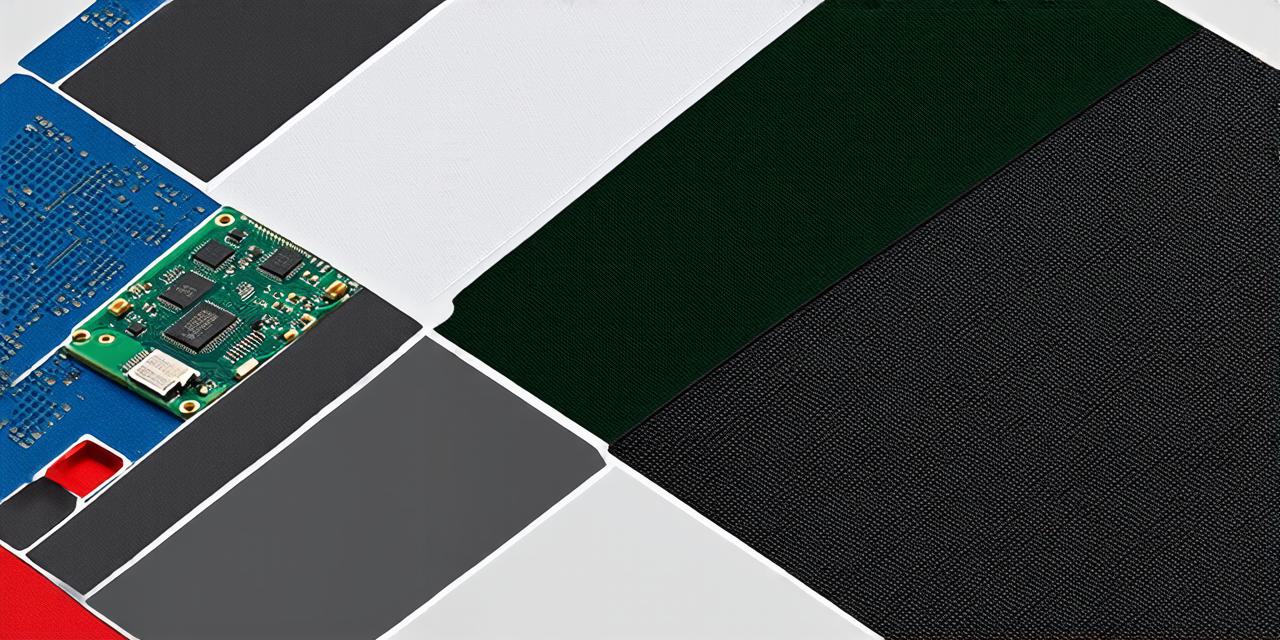In the dynamic world of game development, Unity 3D stands as a beacon for creators worldwide. But, to harness its full potential, understanding the optimal system requirements is crucial. Let’s delve into this essential aspect that can make or break your Unity 3D experience.
The Powerhouse: Your PC
A robust PC is the cornerstone of any successful Unity 3D development journey. A minimum of an Intel i5 processor or AMD equivalent, with a recommended i7, ensures smooth performance. RAM should ideally be 8GB, with a sweet spot at 16GB for larger projects.
The Graphics Card: The Game Changer
Graphics cards play a pivotal role in Unity 3D development. A dedicated GPU like NVIDIA GeForce GTX 960 or AMD Radeon R7 370 is recommended, with the NVIDIA GeForce GTX 1060 or AMD Radeon RX 580 being ideal for high-end projects.
The Memory: Storing Your Masterpiece
A solid-state drive (SSD) is a must for Unity 3D development, offering faster read and write speeds than traditional hard drives. A minimum of 256GB SSD is recommended, with a 512GB or 1TB drive being ideal for storing large projects and assets.
The Operating System: The Foundation
Windows 10 is the preferred operating system for Unity 3D development due to its compatibility with a wide range of hardware and software. Mac users can also develop on Unity 3D, but may encounter occasional compatibility issues.
The Unity Version: Keeping Up with the Times
Staying updated with the latest Unity version is essential for optimal performance. Regular updates bring bug fixes, improved features, and better compatibility with modern hardware.
The Power of Collaboration: Sharing Knowledge
Remember, Unity 3D development isn’t a solitary journey. Engage with the global Unity community, share experiences, and learn from others to optimize your system requirements and enhance your skills.
FAQs:
1. What are the minimum system requirements for Unity 3D development?
Intel i5 processor or AMD equivalent, 8GB RAM, dedicated GPU like NVIDIA GeForce GTX 960 or AMD Radeon R7 370, and Windows 10.
2. Why is an SSD important for Unity 3D development?
An SSD offers faster read and write speeds, improving the performance of your projects.

3. Should I update my Unity version regularly?
Yes, regular updates bring bug fixes, improved features, and better compatibility with modern hardware.
